More Praise for The Most Dangerous Animal
Smith has provided a cogent answer to the deeper why question of war; not why Iraq? or why Afghanistan? or why Darfur?, but why war at all? Smiths answerthat war is buried deep in our evolutionary pastwill be controversial, but his case is irrefutable. We have seen the enemy in the mirror, and until we gather the courage to accept our true nature, men will fight and people will die. Every politician should read this book before deciding on war.
Michael Shermer, publisher of Skeptic magazine and author of
The Science of Good and Evil: Why People Cheat, Gossip, Care,
Share, and Follow the Golden Rule
Here is the unvarnished tale of human gangs, driven by built-in survival mechanisims and an uncanny ability for self-deception, romping through historyraiding, pillaging, terrorizing, waging wars, and committing large-scale atrocities in the name of abstract gods, holy lands, master races, and political systems. David Smiths rapid-fire account of our uniquely lethal nature makes a mockery of our dreams for peace. We could always try, though, but seeing ourselves as we truly are is a necessary first step. This book shows us how.
Anouar Majid, author of Freedom and Orthodoxy: Islam and Difference
in the Post-Andalusian Age and Unveiling Traditions: Postcolonial Islam
in a Polycentric World
This is a brilliant book. It weaves together a wealth of insights from science, history, literature, philosophy and contemporary affairs into an accessible, lucid, and cogently argued defense of the role of human nature in war.
Robert L. Holmes, professor of philosopy, University of Rochester,
and author of On War and Morality
A remarkable and accessible book that provides original and compelling insights into the human capacity for war. Professor Smiths keen psychological analysis reveals how we unconsciously deploy self-deceptive strategies to override our horror at human bloodshed in order to indulge our universal penchant for intergroup violence. A must-read for anyone interested in the psychological depths of human nature.
Barbara S. Held, Barry N. Wish Professor of Psychology and Social Studies,
Bowdoin College, and author of Psychologys Interpretive Turn: The Search
for Truth and Agency in Theoretical and Philosophical Psychology
THE MOST DANGEROUS ANIMAL
ALSO BY DAVID LIVINGSTONE SMITH
Why We Lie
THE MOST
DANGEROUS ANIMAL
Human Nature and the Origins of War
David Livingstone Smith
ST. MARTIN'S PRESS  NEW YORK
NEW YORK
THE MOST DANGEROUS ANIMAL . Copyright 2007 by David Livingstone Smith. All rights reserved. Printed in the United States of America. No part of this book may be used or reproduced in any manner whatsoever without written permission except in the case of brief quotations embodied in critical articles or reviews. For information, address St. Martins Press, 175 Fifth Avenue, New York, N.Y. 10010.
www.stmartins.com
Book design by Christopher M. Zucker
Library of Congress Cataloging-in-Publication Data
Smith, David Livingstone, 1953
The most dangerous animal : human nature and the origins of war / David Livingstone Smith.
p. cm.
Includes bibliographical references.
ISBN-13: 978-0-312-34189-3
ISBN-10: 0-312-34189-X
1. War. I. Title.
U21.S617 2007
355.02dc22
2007015297
First Edition: August 2007
10 9 8 7 6 5 4 3 2 1
To the fallen
CONTENTS
ACKNOWLEDGMENTS
THIS BOOK WOULD NEVER COME about were it not for the efforts of my agent, Michael Psaltis, and Ethan Friedman, my editor at St. Martins Press, both of whom displayed the patience of Job as I announced one new deadline after another for the delivery of the manuscript. Ethan moved on to greener pastures before the project came to fruition, and my second editor, Daniela Rapp, picked up the baton and skillfully guided the project to completion. Thanks also to Donald J. Davidson, my amazingly erudite copy editor.
I am grateful to Rob Deaner, Carl Rollyson, Astrida Tantillo, Daniel Wilson, Alice Andrews, Michael Williamson, and Tanya Callan for graciously sharing their ideas with me and pointing me toward sources of information, and to Andrew Becevich, David Barash, and Michael Shermer for their support of the project. Every author needs a home, and I would like to thank Jacque Carter, Paul Burlin, and Linda Sartorelli for giving me a base at the University of New England and for supporting my scholarly efforts. Very special thanks are due to Anouar and Melissa Majid, who provided encouragement and erudition, as well as considerable quantities of nourishment for body and soul.
The literature on war is immense, but the vast bulk of it has little to do with human psychology. I am deeply indebted to the veterans, journalists, and psychologists who have ventured into these deep waters and provided important insights without which this book could not have been written. It is difficult to single out the writers who have influenced me most, but the list certainly includes S. L. A. Marshall, Chris Hedges, Dave Grossman, Barbara Ehrenreich, Richard Wrangham, J. Glen Grey, Richard Holmes, Joanna Bourke, Robert Bigelow, John Dower, Robert OConnell, Irenus Eibl-Eibesfelt, and Johan M. G. Van der Dennen.
Finally, no words can express my gratitude that I owe to my wonderful wife, Subrena, for keeping me reasonably sane, for inspiring me to explore new intellectual horizons, and for shouldering many of the practical burdens of life so that I might have time to think and write.
PREFACE
Man beset by anarchy, banditry, chaos and extinction
must at last resort turn to that chamber of horrors,
human enlightenment. For he has nowhere else to turn.
ROBERT ARDREY, AFRICAN GENESIS
RIGHT NOW, AS YOU READ THIS , somebody, somewhere, is planning a war. It may be a genocide, an invasion, a revolution, or even the detonation of a nuclear weapon, but whichever it is, you can be certain that it will destroy bodies, wreck lives, and breed misery for generations to come. Almost 200 million human beings, mostly civilians, have died in wars over the last century, and there is no end of slaughter in sight. The threat hangs over all of us, constant and unrelenting.
War can be approached from many angles. We can consider it from the standpoint of economics, politics, history, ideology, ethics, and various other disciplines. All of these are important, but there is one dimension that underpins them all: the bedrock of human nature. To understand war, we must understand ourselves. Now, honest self-inquiry is not a feel-good activity. It asks unnerving questions and tries to answer them in the unforgiving light of truth rather than the soft glow of wishful thinking. There are some truths that no one likes to hear, but it is precisely these that we need to pursue if we are to understand where war lives in human nature.
Historically, there have been two broad, sharply polarized views of the relationship between war and human nature. One is that war is human nature in the raw, stripped of the faade of contrived civility behind which we normally hide. In most recent incarnations of this ancient theory, the taste for killing is said to be written in our genes. The other is that war is nothing but a perversion of an essentially kind, compassionate, and sociable human nature and that it is culture, not biology, which makes us so dangerous to one another. In fact, both of these images are gross oversimplifications: both are true, and both are false. Human beings


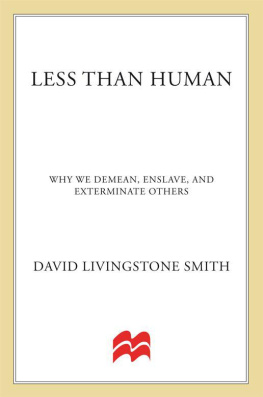
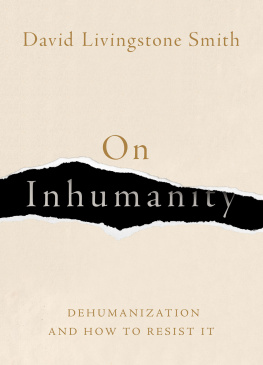
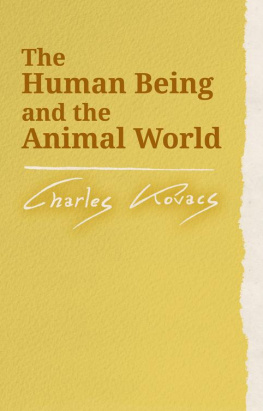
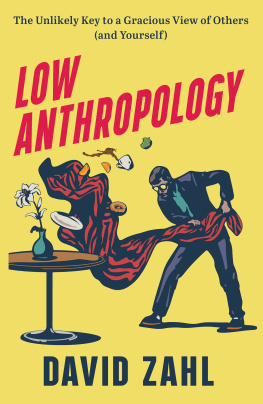

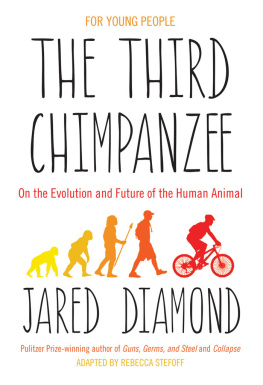
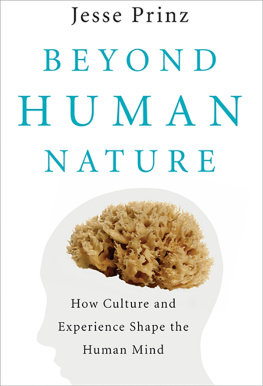
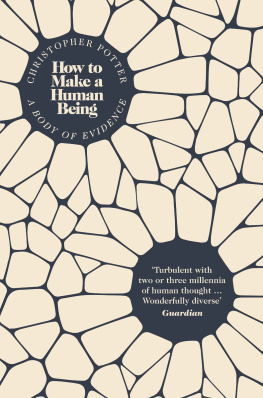

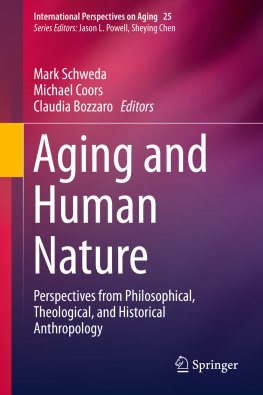
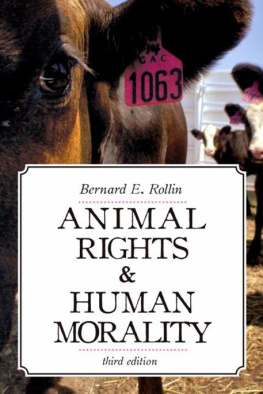
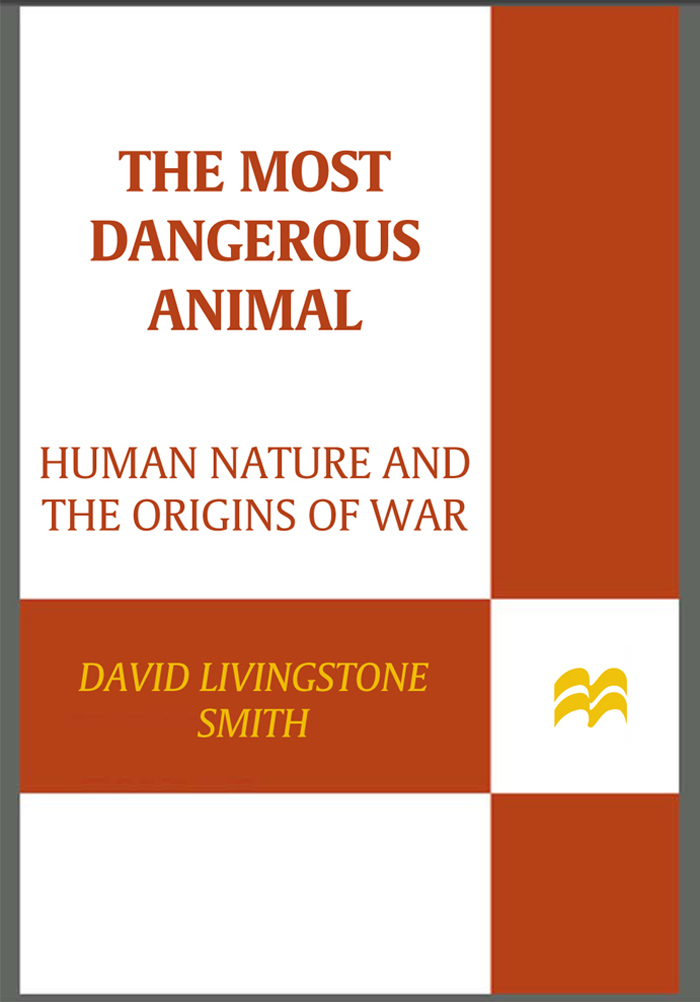
 NEW YORK
NEW YORK